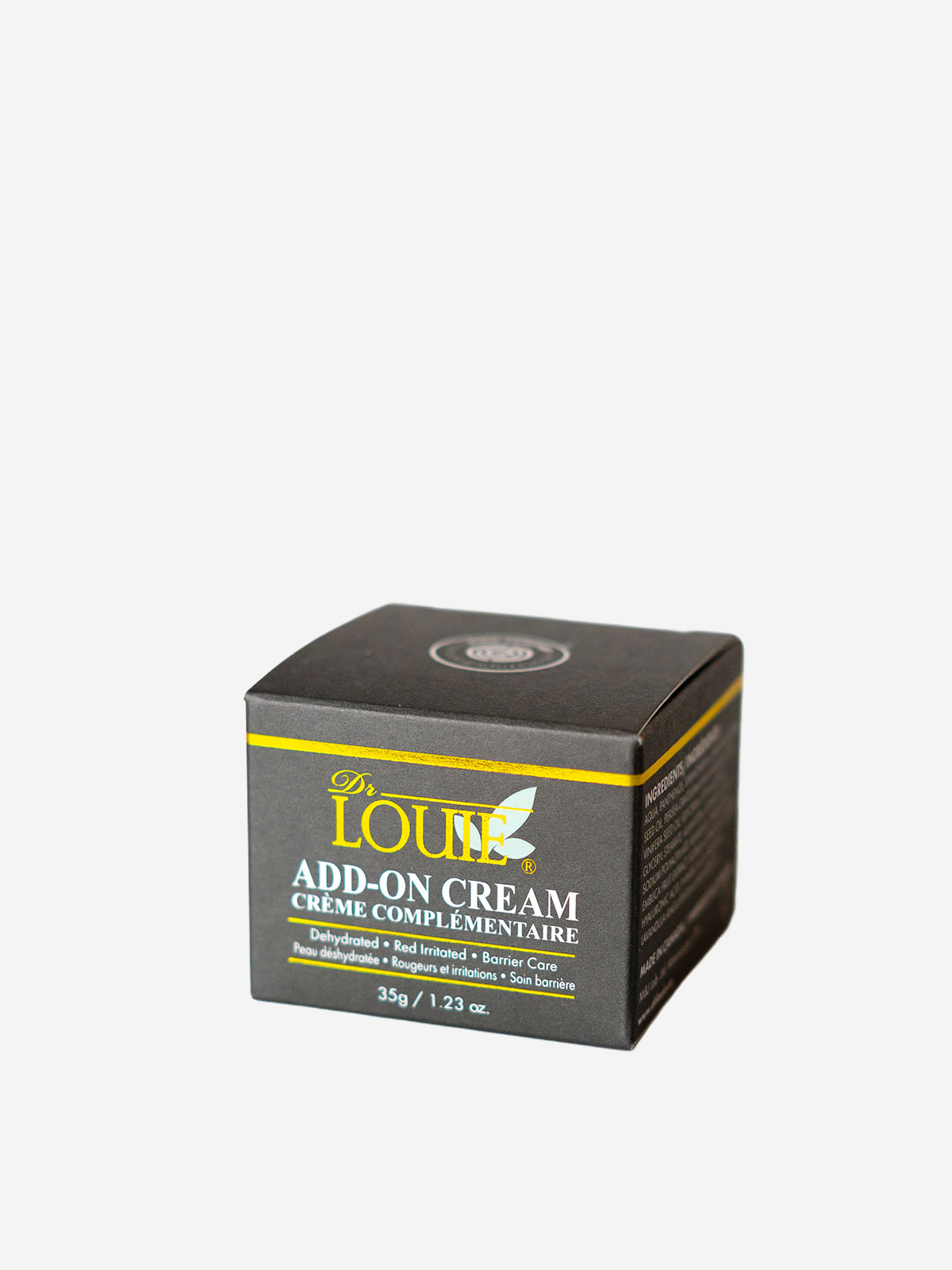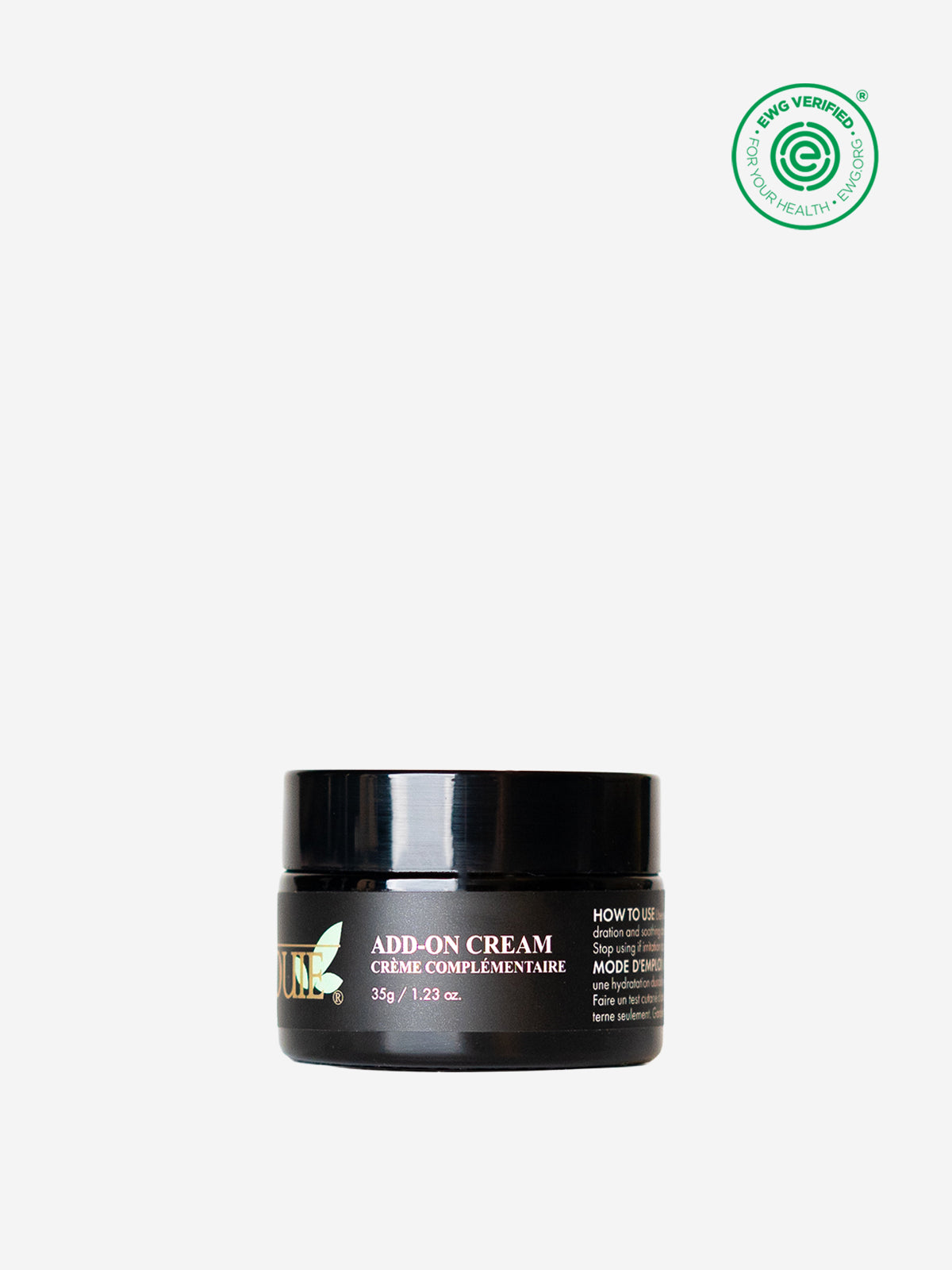![[Talking about Ingredients] Wonderful benefits of Jojoba Oil](http://drlouie.ca/cdn/shop/articles/Jojoba_oil_resized.jpg?v=1625518895&width=1280)
[Talking about Ingredients] Wonderful benefits of Jojoba Oil
Many plant oils are used in skincare products due to the antioxidant and emollient benefits they provide. Jojoba oil is one of those plant oils that are coveted in the industry.
In today’s posting, we’ll look at what exactly this jojoba oil is, what it does for our skin, and what to watch out for when choosing a product with jojoba oil.
What is jojoba oil?
Because of the word “oil,” many people take jojoba oil as an oil. But it isn’t. It is actually a liquid wax ester, extracted from the seed of the Simmondsia Chinensis shrub, also known as jojoba shrub.
It is native to the North American desert, especially the south western states of the United States and the north western Mexico.
It is said that the Native Americans used jojoba oil for skin care and medicinal purposes as well as for skin and scalp disorders.
These days, jojoba oil is used by many cosmetic formulators for its wonderful benefits as an emollient. But there’s more to jojoba oil than just an emollient.
Let’s take a look at how this wonderful oil benefits our skin.
Benefits of jojoba oil
1. Moisturizes the skin without greasy feeling
Unlike other skincare oils, jojoba oil is lighter and less greasy because it is wax ester, which is a main component of the sebum that our skin naturally produces.
And because jojoba wax - jojoba oil to keep things simple - is similar to our own skin in its molecular structure, it balances the oil in our skin rather than adding oil to it.
When it is applied to our skin, it mixes with our skin’s own sebum, forming a thin, but non-greasy protective layer that moisturizes and prevents moisture loss.
2. Excellent wound healer
As mentioned earlier, jojoba oil has a high content of wax esters similar to our skin. This high content of wax esters makes jojoba oil an ideal ingredient to repair dermatoses with damaged skin barriers.
In addition, jojoba oil is rich in natural forms of vitamin E, which is an excellent antioxidant, an anti-inflammatory agent, and a wound healer.
As an antioxidant, Vitamin E in jojoba oil fights against oxidative stress caused by everyday exposure to sun, pollutants, and other toxic substances, which helps the skin against skin cell damage that leads to skin aging.
3. Prevents excessive oil production and breakouts
Because jojoba oil has a similar molecular structure as our skin’s own sebum, consistent use of jojoba oil can trick the skin into thinking that it has produced enough oil, which would help prevent production of excessive oil.
In addition, jojoba oil is non-comedogenic.
And its properties as a liquid wax make it possible for it to dissolve oil deposits in the pores and draw out oil, thus clearing the skin. What this means is that jojoba oil helps reduce breakouts. These characteristics make jojoba oil an excellent oil for oily skin to use.
4. Balances skin microbiomes
Our skin is home to 1,000 different species of bacteria. And the community of microorganisms that live on our skin is called skin microbiome.
Skin microbiome is important because it protects our body and helps with the production of an acid barrier on our skin. So when our skin microbiome is in balance, our skin is healthy and it is able to fend off foreign invaders.
But oftentimes, the balance of our skin microbiome gets disrupted due to various reasons, meaning that there are more harmful bacteria than beneficial ones.
Jojoba oil can boost the growth of good bacteria to help restore the skin’s natural balance, promoting healthy, glowing skin.
In addition to these benefits, jojoba oil is typically non irritating, unlike other botanical essential oils. And cases of allergic reactions are rare with jojoba oil.
What to watch out for when choosing a product with jojoba oil
Despite all these benefits, there is one thing to look out for when choosing a product with jojoba oil.
Make sure the products that use jojoba oil use 100% pure, organic, cold-pressed, unrefined jojoba oil.
This is important because processed jojoba oil can contain preservatives and other chemicals to process the oil that could irritate the skin.
Our products with jojoba oil
At DrLOUIE, we use certified organic, cold-pressed, unrefined jojoba oil for the reason mentioned above. We use jojoba oil in most of our products for these wonderful benefits.
|
|
|
|
|
|
|
|
|
Sources:
Al-Obaidi, J. R., Halabi, M. F., AlKhalifah, N. S., Asanar, S., Al-Soqeer, A. A., & Attia, M. F. (2017). A review on plant importance, biotechnological aspects, and cultivation challenges of jojoba plant. Biological research, 50(1), 25. https://doi.org/10.1186/s40659-017-0131-x
Meier L., Stange R., Michalsen A., Uehleke B. Clay jojoba oil facial mask for lesioned skin and mild acne—Results of a prospective, observational pilot study. Forsch Komplementmed. 2012;19:75–79. doi: 10.1159/000338076.
Matsumoto, Y., Ma, S., Tominaga, T., Yokoyama, K., Kitatani, K., Horikawa, K., & Suzuki, K. (2019). Acute Effects of Transdermal Administration of Jojoba Oil on Lipid Metabolism in Mice. Medicina (Kaunas, Lithuania), 55(9), 594. https://doi.org/10.3390/medicina55090594
Pazyar N, Yaghoobi R, Ghassemi MR, Kazerouni A, Rafeie E, Jamshydian N. Jojoba in dermatology: a succinct review. G Ital Dermatol Venereol. 2013 Dec;148(6):687-91. PMID: 24442052.
Ranzato E, Martinotti S, Burlando B. Wound healing properties of jojoba liquid wax: an in vitro study. J Ethnopharmacol. 2011 Mar 24;134(2):443-9. doi: 10.1016/j.jep.2010.12.042. Epub 2011 Jan 4. PMID: 21211559.
Touitou E, Godin B. Skin nonpenetrating sunscreens for cosmetic and pharmaceutical formulations. Clin Dermatol. 2008 Jul-Aug;26(4):375-9. doi: 10.1016/j.clindermatol.2008.01.014. PMID: 18691518.










![[Announcement] The 6th Clean Beauty Awards by CertClean](http://drlouie.ca/cdn/shop/articles/2.jpg?v=1627008871&width=1280)